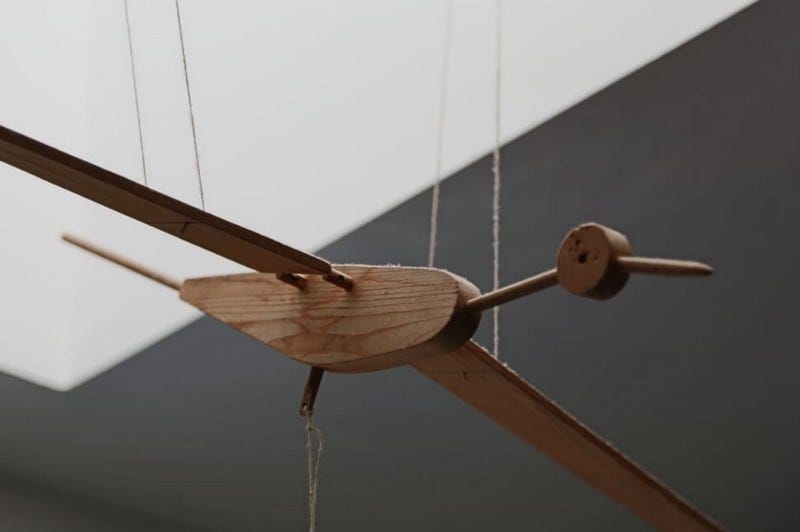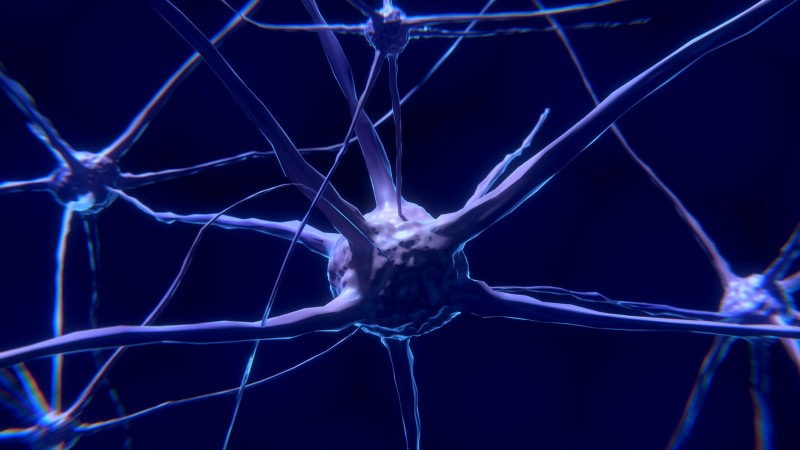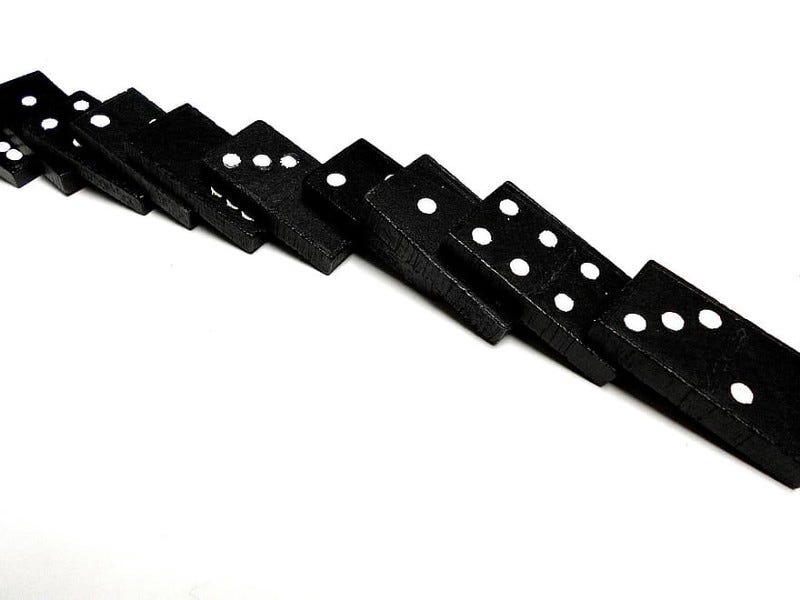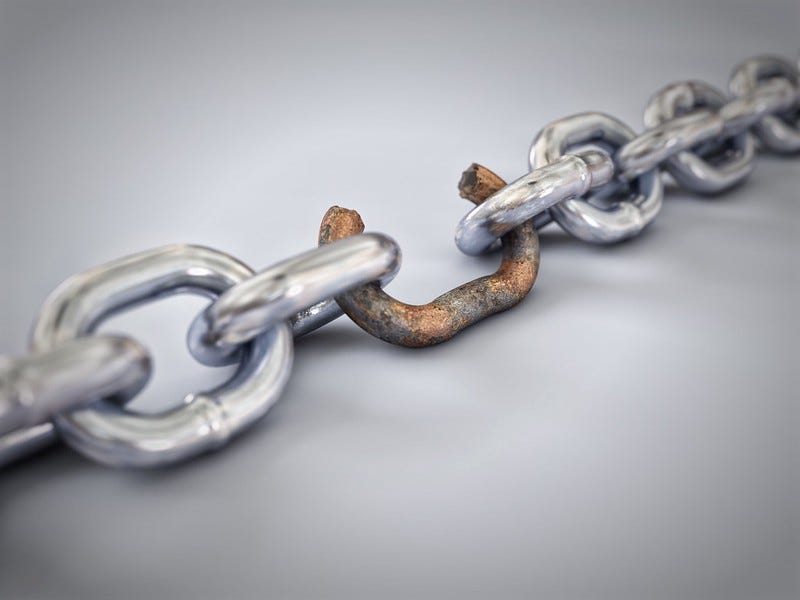How to Control Your Life
Life feels wildly out of control these days. But do we even have the free will to control our lives? Or has destiny laid it all out for us?
Especially these days, life feels wildly out of control. It’s easy to feel powerless when confronted with everything terrible in the world. At least you’ve got yourself, right?
You can’t change everything, but change can start with you.
But wait.
According to a bunch of scientists and philosophers today, you’re even wrong about that. They will tell you free will does not exist.
What is Free Will?
Merriam-Webster defines it this way: “The freedom of humans to make choices that are not determined by prior causes or divine intervention.”
To simplify, free will is your ability to freely choose.
And its existence is a centuries-old debate.
It seems bizarre — I have the experience of making choices. I think. I choose. I do. At face value, saying free will does not exist is like saying I don’t exist.
I think therefore I am. I choose therefore I can choose.
Any debate about such a fundamental human experience might feel like impractical navel-gazing, but proof in either direction seems like it could have dramatic scientific, philosophical, and theological implications.
And it’s a little more complex than your personal experience might show.
Why Free Will Can’t Exist
Scientifically, as far as we know, just about everything has a cause. It’s a fundamental principle all the way back to the beginning, to the big bang or the unmoved mover.
For instance, wiggle your finger. Go ahead.
Your finger moves because a muscle contracted because a nervous system carried a signal from your brain. You know this, but you might not have known that everything stays just as predictable when you dive into the neurochemistry.
The neuron that triggered that signal did so only because it a bunch of other neurons told it to. And they were responding to all their own inputs. There is no observable moment that your brain did anything resembling a choice.
You may have had the experience of reading my instruction and deciding whether to follow or ignore it. But, these experts claim, you were just experiencing a complex algorithm that was always going to do whatever it did. It was shaped by nature and by nurture, by chemicals and environment. You had no real choice.
If you could rewind time and try again, nothing different would happen. The book is written.
What this means for responsibility, justice, regret, and forgiveness seems absolutely gigantic. How can you blame yourself or someone else for something they did not choose?
You can’t. And you can’t choose not to.
You just can’t choose.
Why to Ignore That
The claim that there is no such thing as free will is called determinism, and it sucks. I know, because I used to believe it.
Believing that is not only useless, it can also be dangerous. Unsurprisingly, studies have shown that abdicating moral responsibility is not a recipe for good choices.
“Believing that free will is an illusion has been shown to make people less creative, more likely to conform, less willing to learn from their mistakes, and less grateful toward one another. In every regard, it seems, when we embrace determinism, we indulge our dark side.” — Stephen Cave, The Atlantic
So it’s a downright harmful belief. It’s also a completely useless one.
And I mean that literally. It is logically impossible for the nonexistence of free will to be useful information. Useful information informs our choices. If we don’t have choices, there is no such thing as useful information.
If you could choose what to believe, believing in free will is the only right choice. Whether you’re right or wrong, you’ll still lead a better life.
But the facts are still there, aren’t they?
And they’re hard to ignore.
Living Well Without Will
To solve this, philosophers and scientists alike often embrace compatibilism.
Compatibilism is the belief that free will and determinism are, well, compatible. The argument is that we do freely make choices based on our needs, but both we and our needs are determined by causality.
We can choose, but we can’t choose what we want. Said another way, it’s not our choices that are constrained by determinism, it’s our very selves.
We are super complicated robots, and our decisions are complex algorithms. The algorithms belong to us, we own and are responsible for them, but we are still basically robots.
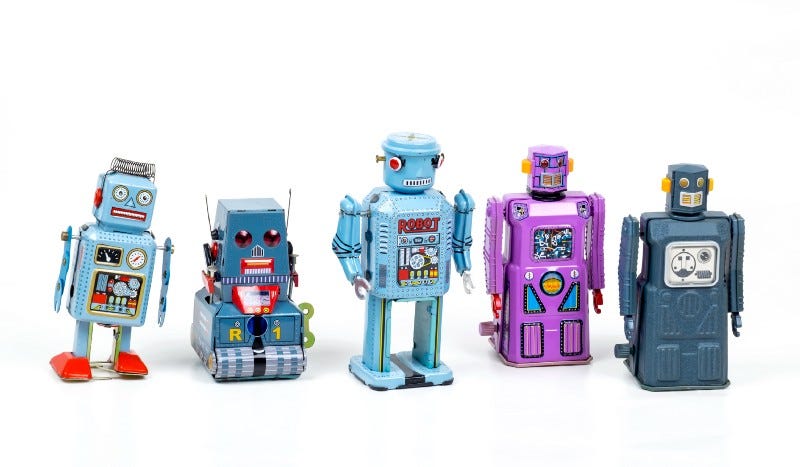
It explains why we feel like we’re making choices. We are. We can choose everything but who’s doing the choosing — who we are.
This holds up even if we do have souls. Even if spiritual forces do influence the chain of events that can be seen in the brain, those very souls must still be a result of things before them. It’s kind of a hard notion to shake.
So compatibilism is progress, but it’s still not free will. We as individuals are maybe slightly more free, but our entire beings are still entirely at the whims of history.
Freedom is still far away.
Why It’s All Wrong
Despite that fact, compatibilism worked for me for years. The free will argument became semantic — why did it matter if I was the product of causation, as long as I individually was in control of my life?
But it does matter. Because we can change.
And we can change ourselves.
Neuroscientists call this neuroplasticity, while psychologists talk about growth mindset. But the principle is largely the same — you can actually rewire your own brain. You can legit change the way you see the world.
Hardline determinists might say that you’re still following the line of causation when you do that. Whether your actions or you as the actor came pre-determined, they’d argue this change is no different than a character growth arc written out in a novel.
But you can feel yourself choosing, can’t you? You can remember who you were before your worldview changed (and I’m sure your worldview has changed at some point in your life) and you know who you are now.
And you know who you want to be.
This is crucial.
Maybe you’re flotsam on an ocean of history. Maybe every action you’ve ever taken was just a domino falling at the end of the long chain. Maybe the current you has already been written, but you were one of the authors.
And that’s all history, anyway.
Let’s talk about Tomorrow You.
Right now, in your head, you can see something that isn’t real yet. We’re not looking back at the past, which is all that science can measure and philosophy can analyze.
And why would we look backwards? We’re imagining a future. We’re building one. Right now, you are potential energy. You’re not doomed to be an effect. You can be the cause.
When Schopenhauer basically defined compatibilism by saying, “Man can do what he wills but he cannot will what he wills,” he was wrong. Neuroplasticity has proven him wrong.
You can decide what you will want tomorrow.
Yesterday You chose Current You who gets to choose Tomorrow You.
You are your own architect.
You do control your destiny.
The Boundaries of Freedom
Even so, we are not fully free.
For every action we take, we’re picking from the options in front of us. These options come from a story we tell ourselves, and that story is based on what we see in reality.
We have a moral responsibility to choose the best choice from available options. We can even figure out better stories if those options are all bad. But we are not all-powerful.
We do not decide which reality our brains will feed us.
We do not choose to be poor. We do not choose to be depressed. We do not choose our sexual orientation or gender identity. Our brains are observing reality and our minds can only tell stories that make sense for that reality.
Given the options in front of us, we’ll usually make the choice that seems like the best path toward what we want and need.
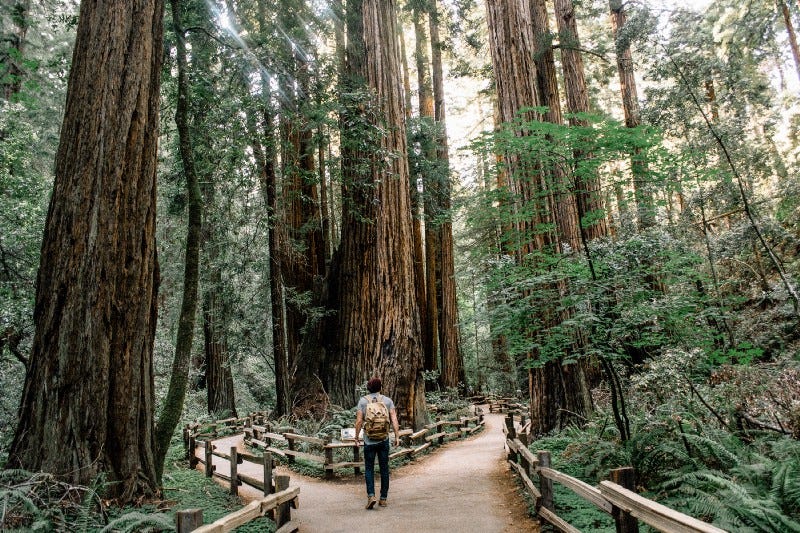
“Regardless of what we discover, we understand and truly believe that everyone did the best job they could, given what they knew at the time, their skills and abilities, the resources available, and the situation at hand.” — Norm Kerth, on the prime directive of project retrospectives.
Everybody is always chasing something positive, even if it’s only positive for themselves. The worst bully in the world acts that way because he wants to feel better about himself and thinks cruelty is the best way to do so.
He could make another choice, but has not bothered to.
What we do about that is up to us.
Just like everything we do.
How To Be Free
So what do we do with our freedom? How do we seize control from causality?
Stop.
It’s so important to just take a moment — and it only needs to be a moment. It’s so easy to go on automatic pilot, but catching your brain between choices or in the middle of its worst stories is a huge life hack.
(This is one of the major features of mindfulness, by the way. A lot of people swear by it.)
Look at the next choice you’re going to make, big or small. Savor it. Celebrate it! And what better way than by dissecting and analyzing it?
Who will make this choice? Is it the best version of myself? How could it be a better version of myself?
Why am I making this choice? What story am I telling myself? Which need is it serving?
How will it work? Have I tried this approach before? How will this time be different?
What will happen? What happened last time? What do I hope will happen? How will this change the world? How it will it change me?
The past may be written, but the future is yours.
You can’t change everything, but change can start with you.


